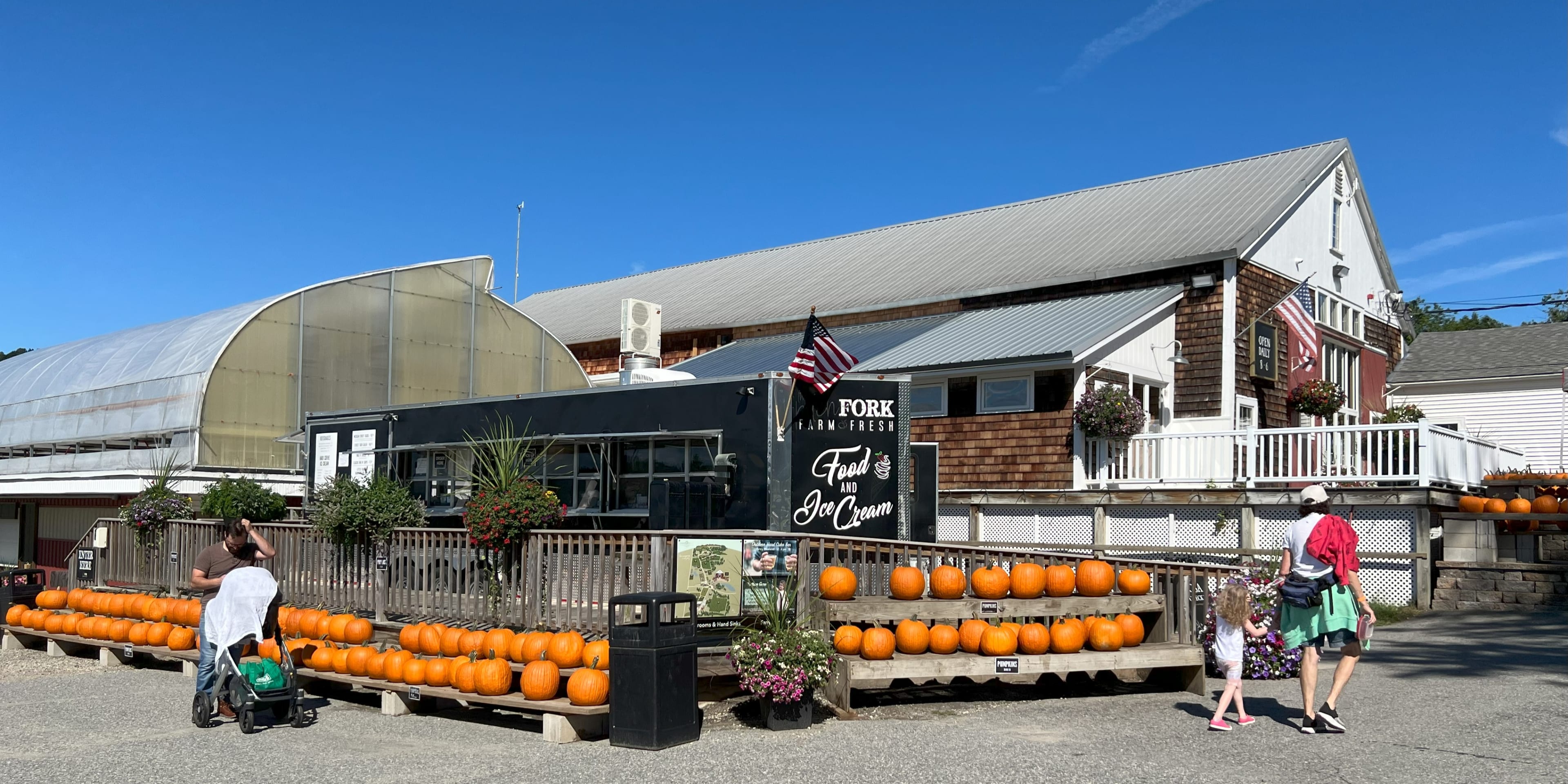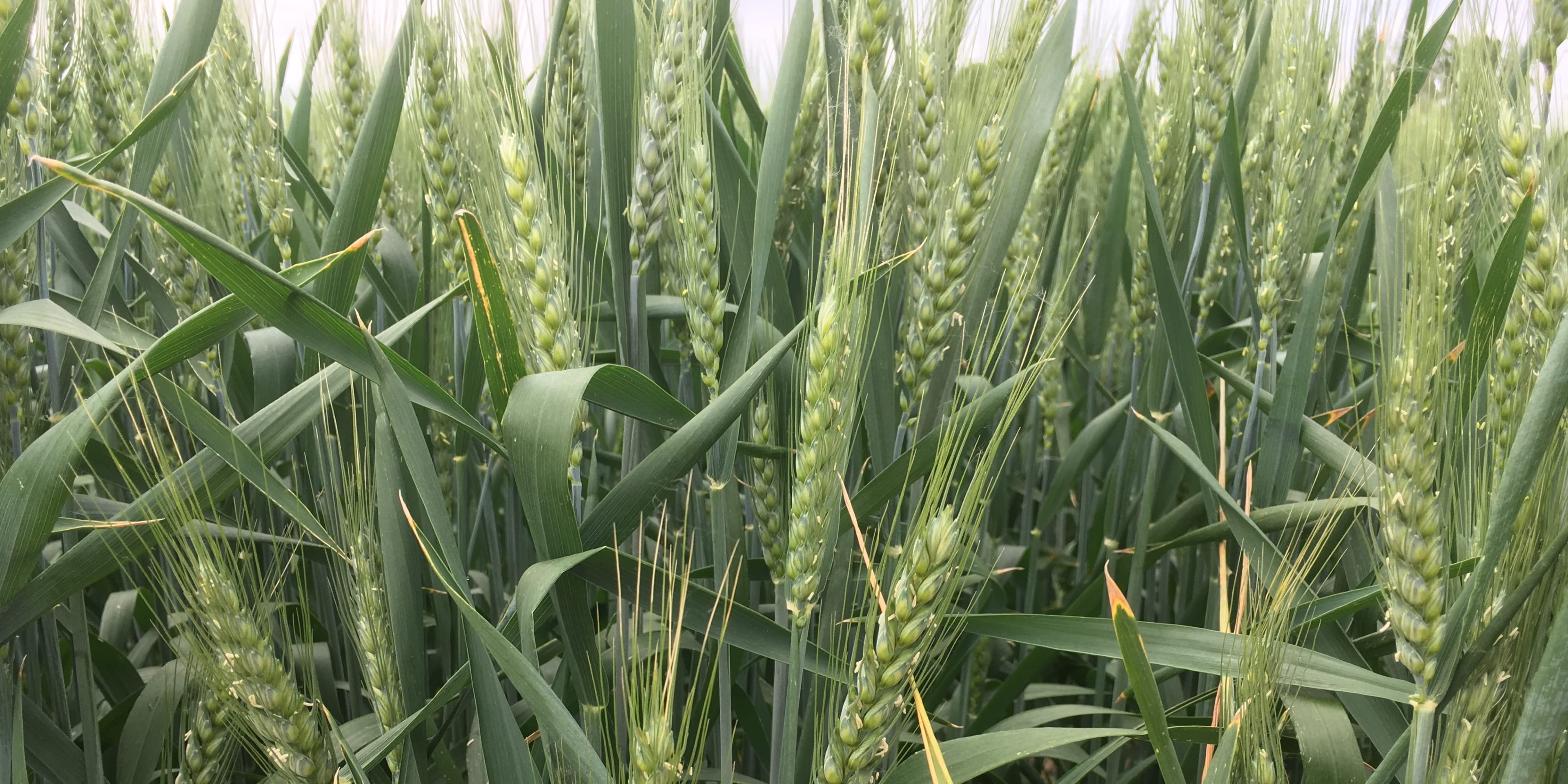
The Thomas A. Lyson Center for Civic Agriculture and Food Systems supports the collaboration of scholars, professionals, and active residents engaged in food systems–based community development.
The Lyson Center’s flagship is the Journal of Agriculture, Food Systems, and Community Development** — the only transdisciplinary scholarly journal focused on food systems–based community development. Additional projects include ... [The creation of a training and certification program for U.S. and Canadian practitioners working on regional food systems development.]
It is named in honor of Dr. Thomas A. Lyson, a rural sociology professor at Cornell University -- a mentor, colleague, and citizen who put his words into action. Tom Lyson’s research, writing, and teaching on civic agriculture, agriculture of the middle, industrial agriculture, and the Goldschmidt thesis were highly influential; they continue to underpin the work of food systems researchers to this day.
The problem
The number of local and regional food system development projects throughout the world, especially in North America, is growing dramatically. However, much of the current work in food systems development lacks established foundations for practice. Many issues limit the impact of the most innovative projects like food hubs, midscale value chains, farm-to-school programs, and shared-use kitchens.
Most community and regional food initiatives are launched with the best of intentions. But if they lack informed program planning and execution, they can be a waste of precious public and private resources. This not only hinders future work in a given community but also tarnishes the image of the food movement overall. We attribute the lack of training and program success to a number of key issues:
Relying heavily on biased, unsubstantiated, or otherwise non–research-based information, such as blogs, word of mouth like presentations, and informal reports and other gray literature, despite their important role in sharing ideas and strategies.
- Experts on top rather than on tap: experts lead a project and assume that buy-in is enough, rather than securing leadership and ownership of a project by those it is intended to benefit.
- Projects in communities of color being managed by (predominantly white) outsiders.
- Mission creep: chasing grant dollars and thus acting on a donor’s interest instead of those defined by the community.
- An attitude of “if we build it, they will come”: using a trial-and-error approach or launching whatever program is currently popular.
- A toxic competitive environment leading to silos of activity and staff at the community and regional levels.
- Reinventing the wheel by replicating projects that have already been done without learning from their successes and failures.
- Painting problems in overly simplistic terms that pit project stakeholders against each other.
- The common belief that impacts cannot be measured or that evaluation is too expensive.
- The tendency to focus on symptoms of problems rather than the underlying causes.
A lack of focus on systems (the full range of production, supply chains, and food security), and instead a focus on a single aspect of food systems.
Our approach
Food is a basic need that all people share and around which vital social and economic activities evolve. We see regional agriculture and food systems as a lens through which stakeholders can understand community challenges, opportunities, and processes, and with that understanding make transformative change in their own community and wider society. Yet we often see disparate and sometimes even competitive efforts. For example, there is a gulf between farm advocates (who desire fair prices to support livelihoods) and food security advocates (who desire affordable food). Finding viable supply chain models that bridge the interests of both needy family farmers and needy eaters has been elusive, and sometimes reveal dichotomies such as rural poor vs. urban poor, black vs. white, foodie vs. hungry, and organic vs. conventional. However, by fostering constructive discourse across ideologies and creating opportunities to work toward a positive shared vision, the Lyson Center is helping to navigate a “middle way” in food system theory and praxis.
The Lyson Center does not provide direct services in communities of need. Instead, we see ourselves as part of the critical support infrastructure for the good food movement, similarly to foundations, funding agencies, national advocacy organizations, and the like. By publishing JAFSCD, we provide not only a publishing outlet for scholars and cutting-edge practitioners, but also a conduit through which the two can share and reflect on their challenges and opportunities to address tough problems at the local and regional levels. By facilitating NAFSN, we believe that the improved knowledge and skills of practitioners are likely to lead to more effective and efficient programs, and ultimately to more sustainable and transformative food systems.
The Lyson Center’s mission is to encourage equitable and sustainable community food systems that reflect civic agriculture by:
- supporting the proliferation of high-quality applied research and scholarship on food systems;
- fostering professional development of food system development practitioners; and
building the capacity of communities to engage in cutting-edge food system development work.Organizing strategies that we engage in include reducing the silos of activities; encouraging institution-building; coordinating effort across national programs; encouraging virtual community development, professional development, communities of practice, organizational partnerships, core competencies, and best practices; building networks; and supplying research-based information.
Staff
- Amy Christian, co-coordinator of the Lyson Center and managing editor of the Journal of Agriculture, Food Systems, and Community Development. amy@lysoncenter.org
Duncan Hilchey, co-coordinator of the Lyson Center and editor in chief of the Journal of Agriculture, Food Systems, and Community Development. duncan@lysoncenter.org
Contact information
info@lysconcenter.org
(607) 342-0259
Fundraisers

Become a JAFSCD Individual Shareholder
- Raised
- $0
- Next milestone
- $100
Become a supporter!
Donate or start a fundraiser
